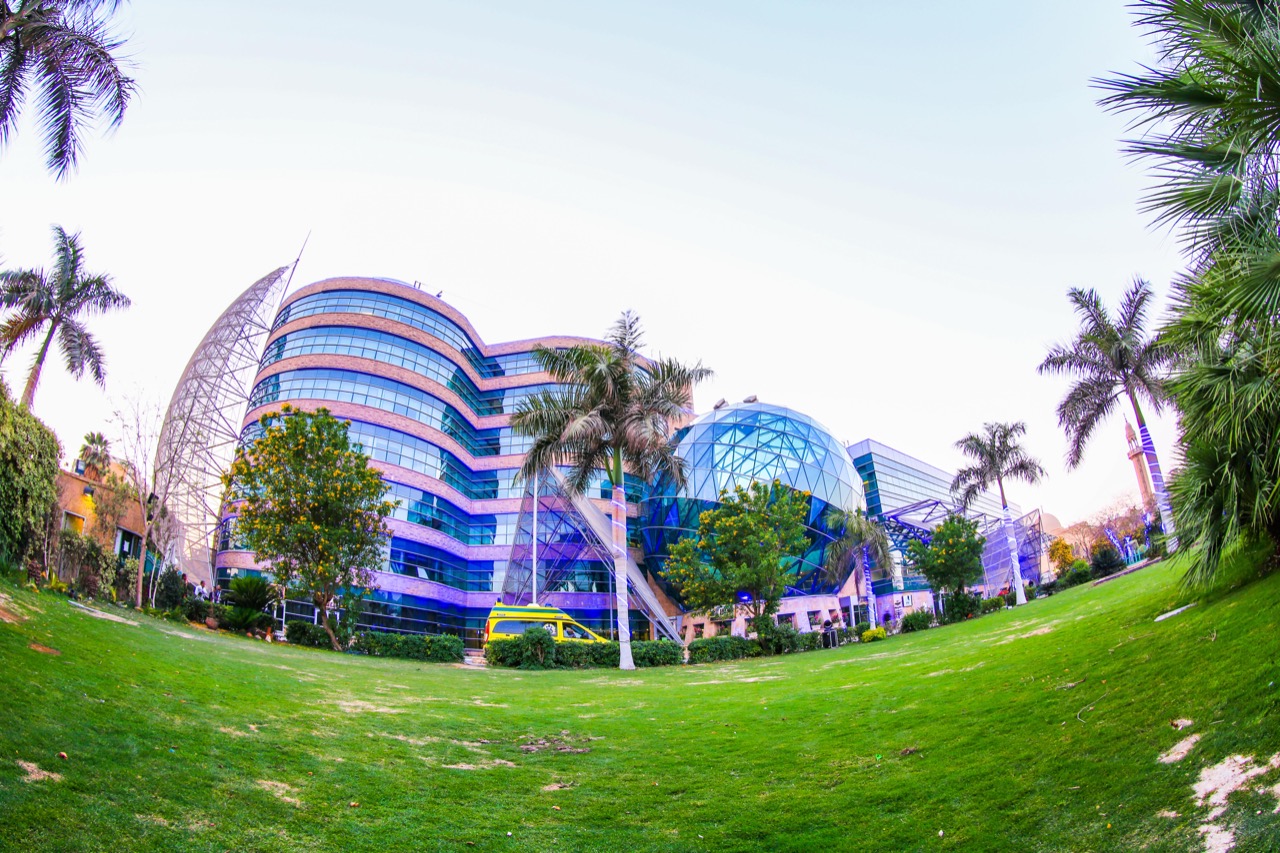Finally coming to light after a whole year of testing and verifying carried out on animals, a research paper by CCHE57357’s proteomics& metabolomics team reveals the impact of a natural substance on toxicity of a certain type of chemotherapy.
Methotrexate chemotherapy is widely known for its usage in treating many types of cancer and for having toxic side effects on different vital body organs. Seeking a potential for future protection to cancer patients, the proteomics and metabolomics unit researchers at CCHE57357 teamed up with Tanta university to test the efficacy of a plant extraction (Salvinia auriculata) on hepatotoxicity caused by Methotrexate chemotherapy. Results of the research paper published in MDPI Pharmaceuticals with impact factor 5.86 showed that the pretreatment using the methanol extract of Salvinia, was found to provide a promising protective effect against hepatotoxicity (or liver damage) caused by methotrexate. Moreover, the extract exerted a remarkable anti-inflammatory and anti-apoptotic (= anti-cell death) activity. Hence, methanol extract from Salvinia auriculata (the plant) has the potential to be a powerful substance in protecting the liver from the side effects of the drug.
“Thanks to the updated technology of the mass spectrometry available at the CCHE57357’s proteomics lab, we were able to effectively screen different molecules in any given sample “, reveals Dr Sameh Magd Eldin, head of the proteomics& metabolomics research program at CCHE57357.
It is noteworthy that the proteomics and metabolomics unit at CCHE-57357 aims at empowering research and clinical diagnostic capabilities using high end state- of- art proteomics and metabolomics technology.
.



 Donate Now
Donate Now

